In December 2023, AerialFire spoke to Jennifer Draughon, President of Neptune Aviation in Montana to find out how she went from a career in accounting to become the President of one of the leading aerial firefighting companies in the United States.
AF: We know your story is not the usual transition into the industry. Can you fill us in on the early part of your story?
JD: My story is somewhat unique. I graduated from the University of Washington in 1992 with a degree in English Literature. After finishing my degree, I applied for a job at Boeing in Flight Test & Quality Assurance at Boeing Field in Seattle. I was one of only a few women in that department with a group of really interesting engineers. It was a fun job. I worked with a great group of men, and we did some interesting projects with test data for new aircraft that Boeing was introducing.
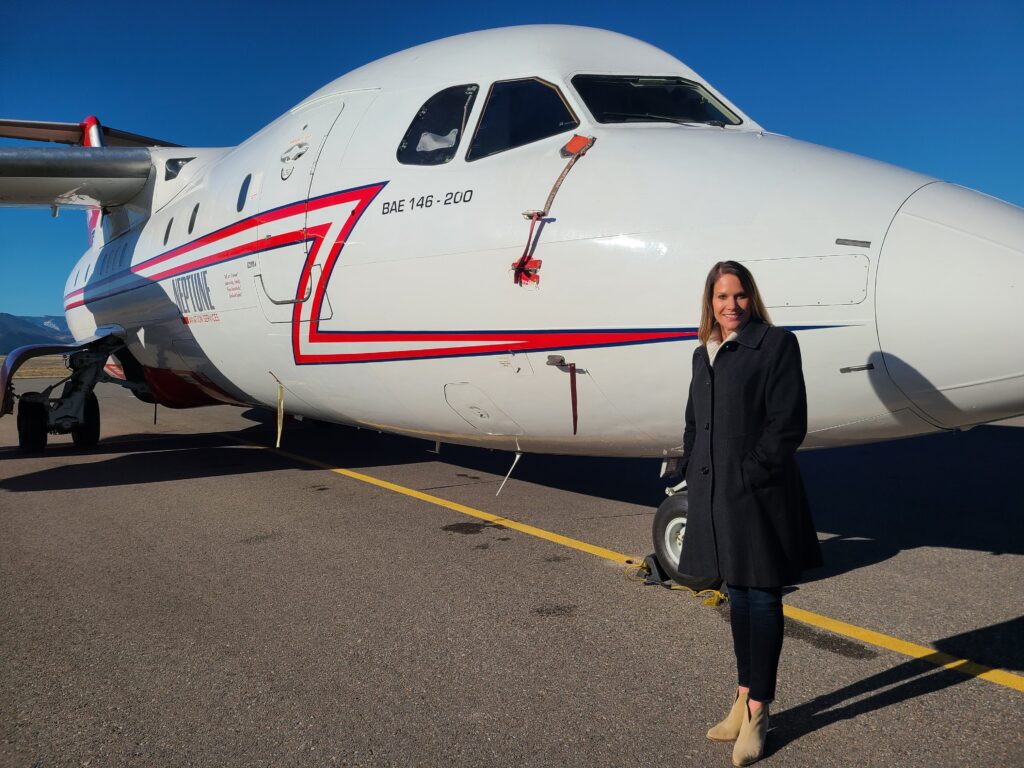
AF: We understand that you also had an interest outside of aviation. Can you tell us more about that?
JD: I ran cross country and track for the University of Washington, and actually qualified for the Olympic trials in 1992 while I was working for Boeing. That year, one of my former teammates reached out to me to discuss a track club that she was running for, where she was pursuing running at an elite level, and wanted me to join. I was intrigued by that. However, the challenge I faced was that if I wanted to pursue running at an elite level with this club, I would have to move to Missoula, Montana.
I decided to go for it. While I was in Missoula, I went back to school and earned a degree in business at the University of Montana in 1995, received my CPA certificate, and then applied for a job at Neptune in their accounting department.
AF: So tell us about your start at Neptune?
JD: I began my career at Neptune in the accounting department assisting Neptune’s CPA. At that time, you could actually complete the practical requirements for your CPA certificate by working as an apprentice.
AF: Can you paint a picture of what Neptune looked like back in the 90’s for those that were not in the industry then?
JD: Those were the early years for Neptune. In the 1990s we were operating a fleet of P2Vs, prior to the introduction of the current BAe-146 fleet, so it was a lot different than the company is today as far as the aircraft we were deploying into the field, number of employees, and company culture.

AF: What was your progression like, how many other roles did you work in before transitioning to the CEO role?
JD: I went on from the accounting department to a role as Assistant to the President and worked in that position for a number of years. From there, I was promoted to CEO of Northstar Jet, our sister company, also staying in that role for a number of years before moving back over to Neptune as treasurer and then Vice President. I became President in 2018.
AF: Looking back on your career thus far, what would you view as some of your biggest challenges?
There were many challenges, learning and growing, with the large industry. The more years I spent in the industry, the more I grew to love it. Moving from accounting to President over the years presented many challenges but I think what helped me to overcome those was my care and love for the company and for the people that work for us.
I Would say from a practical standpoint, when I look back to 2004, when the Forest Service cancelled all the large airtanker contracts, that was a really big challenge for me, Neptune, and the industry. As a company, it brought us together. We strategized how to step into this as a company and a leader in the aerial firefighting industry. We realized when we faced challenges we were stronger together, and Neptune has continued on this trajectory ever since.
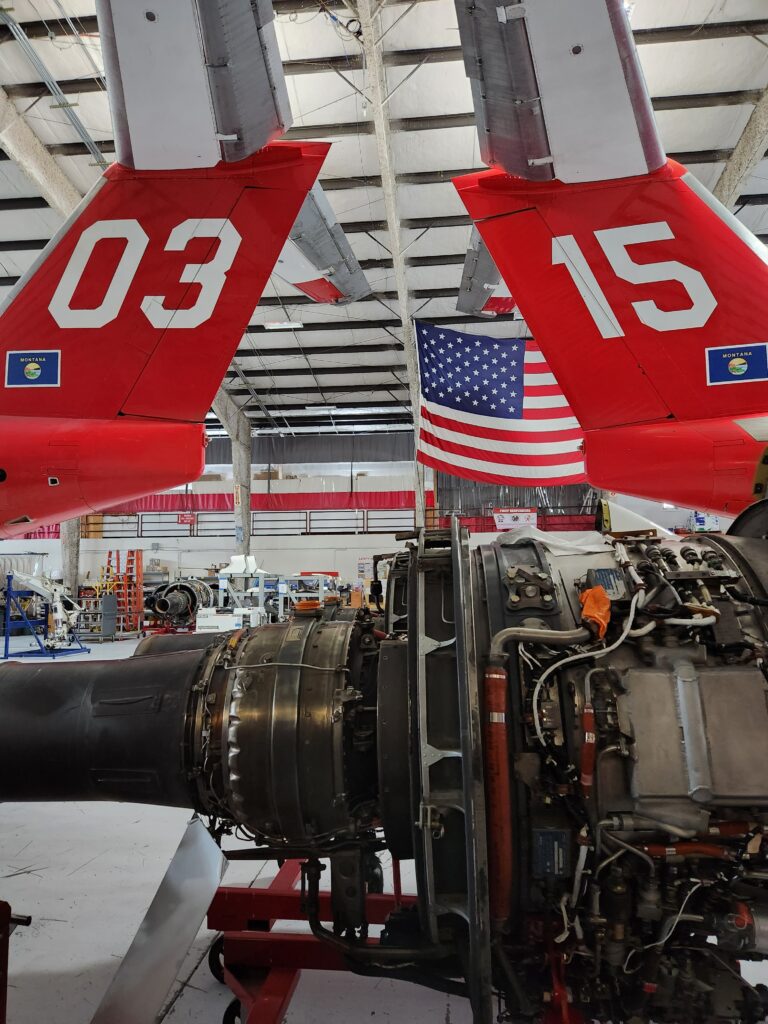
AF: Talking about the 2004 contract cancellation, how do you steer a company through a situation when you’re essentially told, “Sorry, we don’t need you.”
JD: Although I wasn’t the President of the company at that time, I witnessed how it was handled, and part of the way Neptune operates and part of how I was mentored, was you work together, and you steer together from leadership down. We had to divide and conquer. So, some of us were off to Washington DC to fight the challenges there. Some of us were here in Montana, helping with our employees and our team at home, and I was that person. How you steer through it is by getting everyone together. You use your collective intelligence to determine: How are we going to move forward? What are we going to do? What are the next steps? And you systematically move forward by encouraging and supporting each other.
AF: You mentioned mentoring earlier, can you tell me a little about how you were mentored over the years?
JD: I would say my main mentor is the founder of our company, Marta Timmons. From the day that I started, she guided, encouraged, and taught me many leadership skills. What I learned from her contributed greatly to my advancement within the company. She believed in me and was open to teaching and showing her leadership strengths. As an individual, she modeled always staying strong.
I learned that in life, that’s incredibly important. For me, mentoring is an area of focus within the company. At Neptune, we strive to grow our people from within. For example, if you’re an apprentice mechanic, we try to help provide opportunities for you to become certified as an A&P mechanic.
Whether it involves moving from one department to another department, whether you started as a receptionist, and aspire to advance, we want to know where we can help our people grow. What do you want to do at Neptune? What do you want to do in the industry? How can the leaders at Neptune model the qualities and skill set, and provide opportunities for our people to follow their dreams?
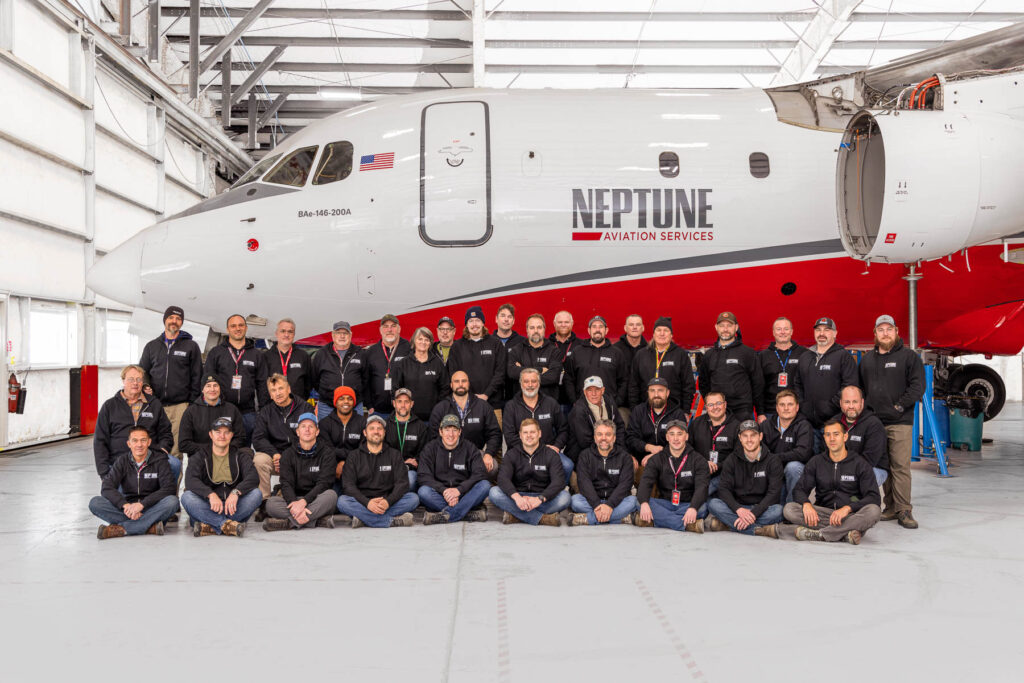
AF: What are Neptune’s goals or plans for the next five years?
JD: It feels like we just onboarded the BAe-146. We are always looking to advance, and we continuously discuss optimizing our BAe platform. It is getting increasingly difficult to find parts. We have been mitigating this challenge by looking ahead to our support needs and collaborating with operators of the 146 and RJ.
Over the coming years, we will still be operating the 146, however, we are looking at what is next. We have a list of criteria that we have used to evaluate what we feel will be the optimum platform for Neptune and for our customers moving into the future. Neptune will be making significant notable strides in this area throughout the next five years.
AF: What is the current contract mix at Neptune? As far as state/federal/local contracts and exclusive use vs. call when needed(CWN)?
JD: We have a mix of Forest Service exclusive-use contracts and CWN contracts. We also have an exclusive-use contract with the State of Colorado and continue to work with CalFire.
AF: Does it vary drastically each year or is it the same contracts that you’re getting over and over?
JD: It doesn’t vary drastically. For example, our Colorado contract is a one-year contract with four option years. In our experience, options are exercised throughout the contract. Forest Service exclusive-use contracts operate similarly. The remainder of our fleet is typically utilized through the CWN model. Ideally, the contracting format would be for a firm fixed number of years versus options.
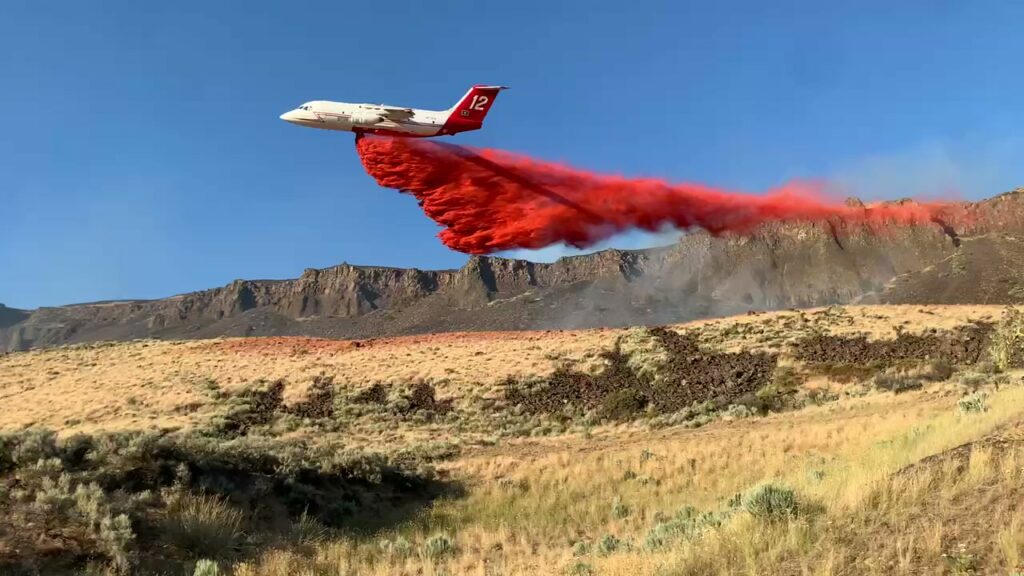
AF: What do you think are some of the challenges that you face from a legislative agency perspective in the near future?
JD: I know, you’re aware of the United Aerial Firefighters Association. We’re working together as an industry to overcome some common issues the industry faces. The current contract environment is a challenge. Funding exclusive-use contracts for a fixed number of years is a legislative hurdle, and we hope to help the Forest Service overcome that by advocating for these changes and providing solutions in Washington, D.C.
AF: Regarding contracts, what is the perfect mix for Neptune going forward?
Our ideal contract situation would be solely 5-year exclusive use contracts. However, it’s best to stay somewhat diversified in our customer base. A good mix for our company would be seven Forest Service contracts, two state contracts, and then two international contracts during the winter months.
AF: What do you look for in somebody that you’re hiring at Neptune?
JD: It is important to Neptune that they fit in from a team perspective. I would like to see some aspects of our values demonstrated in the interview process – embracing family, a firm handshake, and a resilient spirit. Culturally, we feel strongly that it’s important to be able to work together as a team. I feel blessed to come to work every day because I love what we do, and I enjoy the people that I work with — we work hard together and take care of each other.
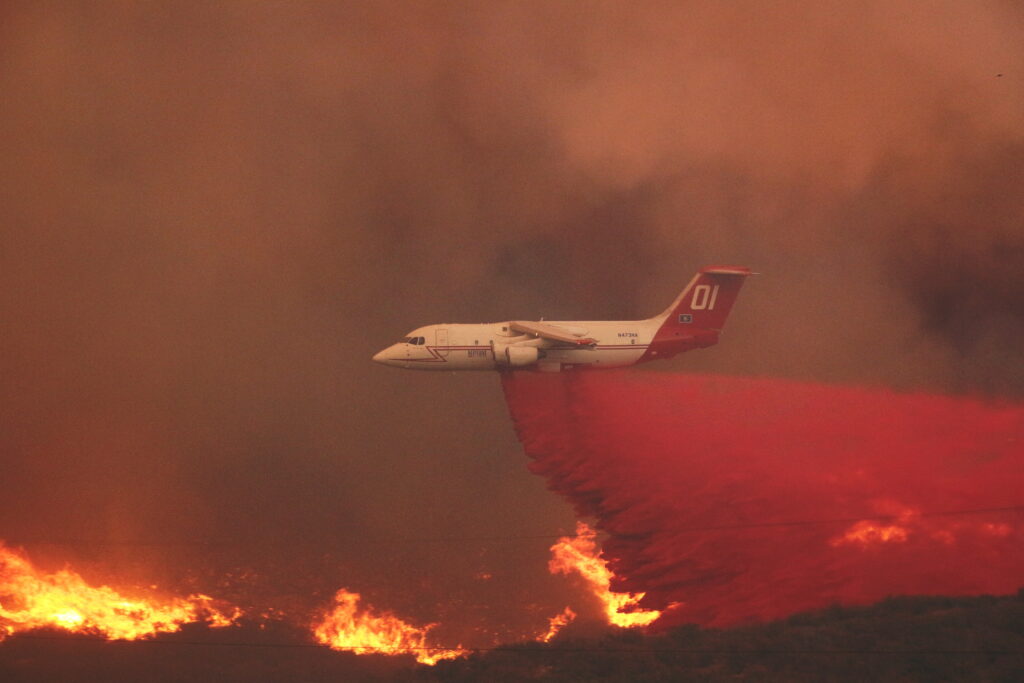
AF: Have you had any hard lessons that you’ve grown from?
JD: I would return to the 2004 incident for that. That was a really hard lesson. And I think everyone in the industry grew from that. It elevated safety, modernization, and professionalism for everybody in the industry. And so, as we continue to grow and evolve, we take the lessons we have learned over the years and keep them in the forefront for Neptune as a leader in the industry.
AF: What would be the best advice that you can give to a female with the same aspirations to become someone at your level in the industry?
JD: Definitely to follow your dreams. Even if it’s in a male-dominated industry, go for it. Trust yourself, continue to learn daily, and be confident. Understand that it’s about bringing unique perspectives and working together, and everyone has their strengths.
AF: What would you say is your biggest achievement?
JD: Well, in addition to being the President of Neptune Aviation, I am a single mom, and I’m very proud of my family. I have two wonderful children. My oldest son just graduated from West Point. My youngest son is a senior in high school. I’m very proud of them.
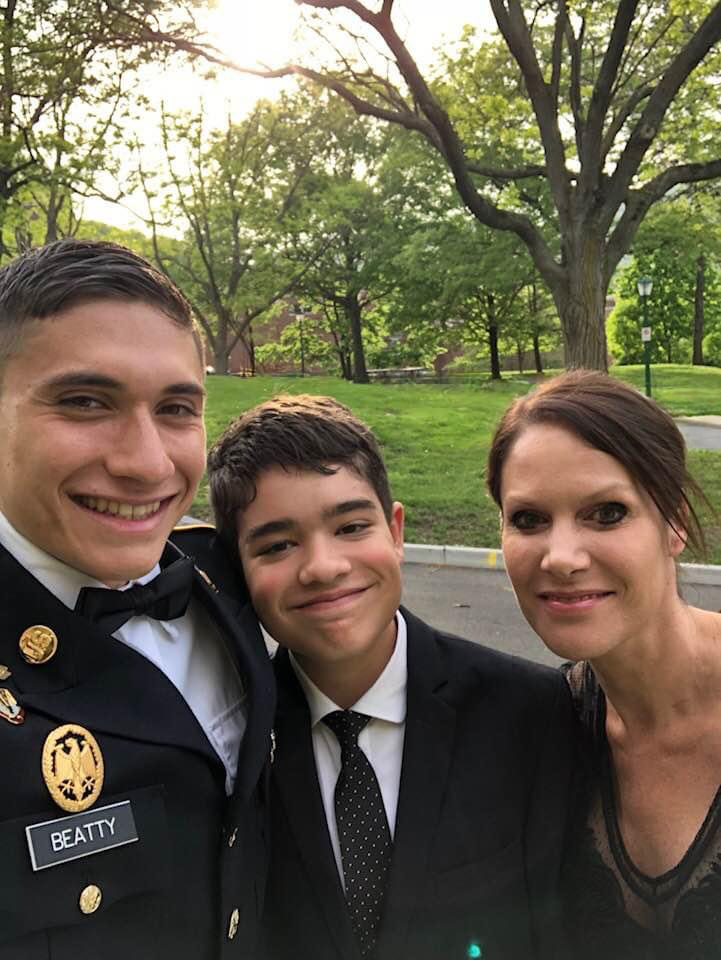
The family-first atmosphere we have created at Neptune is something I am also proud of. It may sound cliche, but we really are a family within the business, and we all take care of each other.


